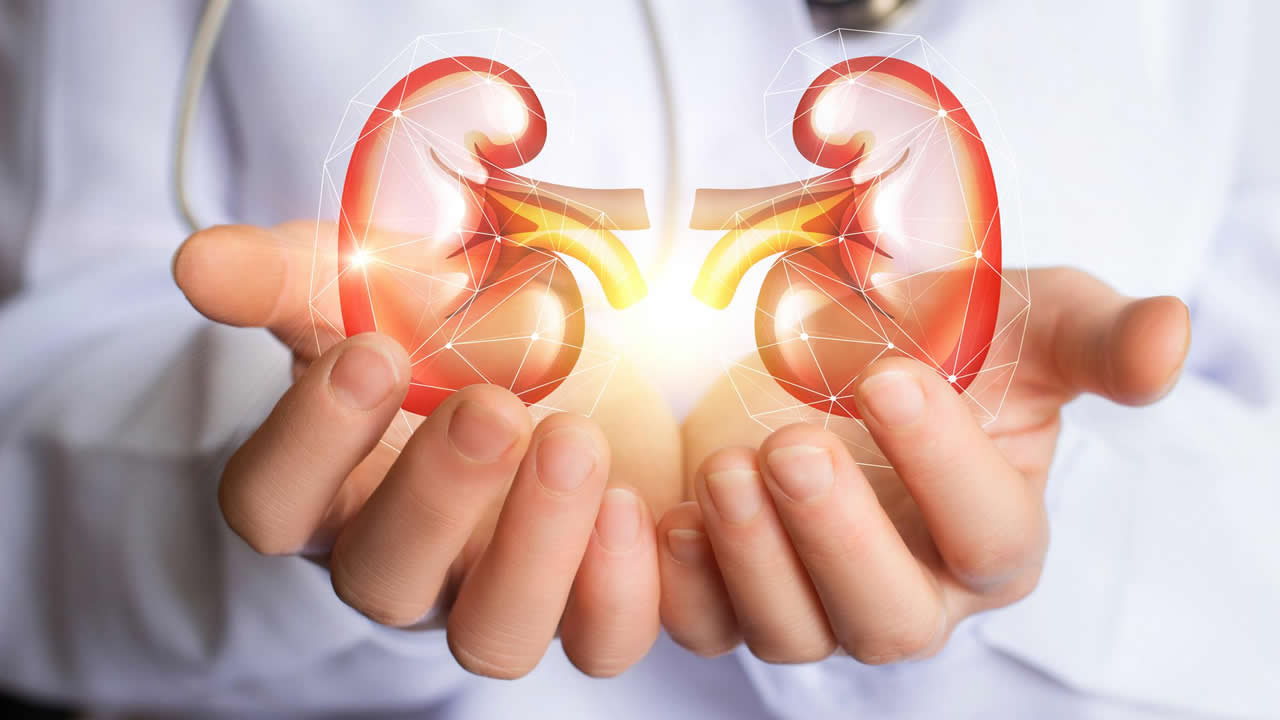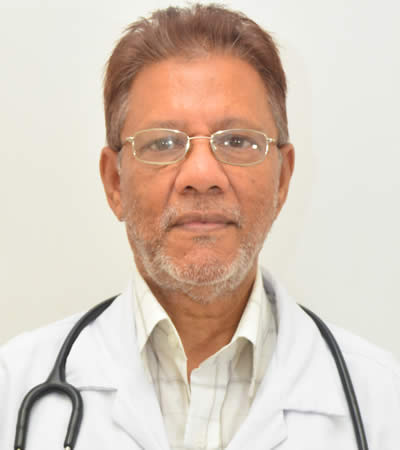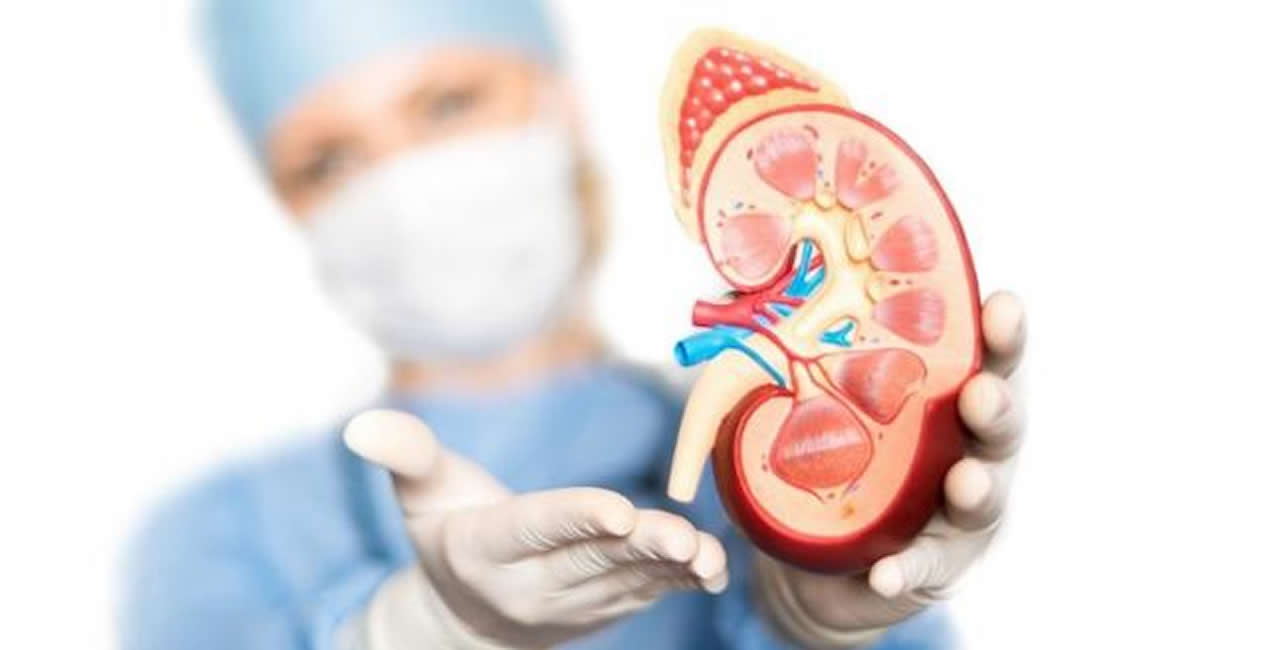Kidney Health : keeping this precious organ in good shape
 Par
Nafissah Fakun
Par
Nafissah Fakun
 Par
Nafissah Fakun
Par
Nafissah Fakun

A common problem affecting many, kidney disease and kidney stones are major public health concerns around the world. In line with the World Kidney Day celebrated during the month of March, News on Sunday spoke to two doctors who shared how these health issues are affecting Mauritians, how to prevent them and the treatments available in the island.
Small but powerful bean-shaped organs, kidneys perform various important functions in the human body. Filtering wastes and toxins from the blood, regulating the body’s fluid levels, releasing a hormone that regulates blood pressure, activating Vitamin D to maintain healthy bones, releasing the hormone that directs production of red blood cells, keeping blood minerals in balance namely sodium, phosphorus, potassium – these are indeed the essential tasks that kidneys are responsible for.

Playing an important role in our daily lives, these vital organs, however, should be taken good care of. When affected, kidneys cause various problems in the good functioning of the body. According to world statistics, 850 million people worldwide are now estimated to have kidney diseases from various causes. Moreover, Chronic Kidney Disease (CKD) causes at least 2.4 million deaths per year and is now the 6th fastest growing cause of death.
According to Dr Zaher Gendoo, Consultant Nephrologist at Welkin Hospital, “the incidence of kidney disease in Mauritius is increasing at an alarming rate. Currently, some 10,000 people are affected with some sort of kidney disease which can lead to kidney failure. At present 1,400 patients are undergoing chronic dialysis in Mauritius.”
He explains that chronic kidney disease is a progressive disease, the function of the kidney deteriorates over some years and eventually leads to stage failure. “Kidney disease is characterized in five stages, according to extent of the damage. The 5th stage is the last where the kidney functions less than 15% of the normal. This is the end stage of kidney failure, when replacement therapy and treatment are imminent,” he says.
Diabetes and hypertension are indeed the most common causes of ICD. It is estimated that 30 to 40 % of patients on dialysis are diabetic with associated hypertension."
What are the common causes of kidney disease? Dr Gendoo utters that the most common causes are “diabetes, hypertension, cardiac disease, urine infections, kidney stones, among a host of others.” For those who are the most vulnerable, he underlines that family history of diabetes, hypertension and if there is already kidney failure in the family, are determining factors. “Diabetes and hypertension are indeed the most common causes of ICD. It is estimated that 30 to 40 % of patients on dialysis are diabetic with associated hypertension. In addition, nowadays, old age has become a serious problem, there has been a significant increase of kidney disease in people above 65 years. Obesity is also considered to be a contributing factor to this disease,” he adds.
Regarding types of dialysis treatments, the doctor explains that “hemodialysis, peritoneal dialysis and the majority of kidney failure patients are on hemodialysis. Continuous ambulatory peritoneal dialysis is also an acceptable mode of dialysis for ageing patients.”
Symptoms of kidney disease, explains Dr Gendoo, in the early stages are minimal. “As the disease progresses, symptoms like general tiredness, lethargy, difficult sleep, shortness of breath, swelling of limps, decreased appetite become prominent. At end stage of the disease, patients will have difficulty doing simple daily chores.”
When one is affected by kidney disease, it certainly creates other complications. The most common complications, he explains, are “anaemia, heart disease, bone disease, gastric problem, infections, among others.”
As the disease progresses, symptoms like general tiredness, lethargy, difficult sleep, shortness of breath, swelling of limps, decreased appetite become prominent. At end stage of the disease, patients will have difficulty doing simple daily chores."
Dr Zaher Gendoo states that prevention and protection are vital. “Protect your kidneys by being aware of the importance of the kidney in the body. One must take care of general health including proper balanced diet, less salt intake, drink enough water and avoid too much soft drinks. In addition, do regular exercises and avoid obesity. One should also have regular medical check-ups; early detection and treatment are for the better.”
Myths exist around most diseases, including kidney diseases. Dr Gendoo states that the common myth regarding kidney disease is that “all kidney diseases are incurable, once kidney function is affected, there is nothing that can be done. The progression of KD can be slowed or arrested for certain types. Patients can remain healthy for the long term if kidney disease is properly followed. Dialysis makes people sicker, which is not true.”

Dr Balbir Verma, Senior Consultant Minimally Invasive Urology and Kidney Transplant at Clinique Darné, states that the most common surgical disease affecting the kidneys in Mauritius is “stone disease (Urolithiasis). Other diseases include cancers, infections, congenital anomalies (especially blocks), trauma and renal cystic diseases. Among the medical kidney diseases, the most common is diabetic nephropathy followed by nephritic and nephrotic disorders.”
 What are the causes and risk factors of kidney stones? “Most of the kidney stones are multifactorial in origin, wherein there is no one specific cause. A combination of dietary, environmental, familial/genetic factors play a role. A very small percentage of stones have specific causes like hyperparathyroidism, medullary sponge kidney, renal tubular acidosis and gout. These specific causes account for about 5% of all stones,” explains Dr Verma.
What are the causes and risk factors of kidney stones? “Most of the kidney stones are multifactorial in origin, wherein there is no one specific cause. A combination of dietary, environmental, familial/genetic factors play a role. A very small percentage of stones have specific causes like hyperparathyroidism, medullary sponge kidney, renal tubular acidosis and gout. These specific causes account for about 5% of all stones,” explains Dr Verma.
When one is affected by kidney stones, the most common symptoms, utters the doctor, is pain. “But stones can be present with bleeding in urine (hematuria), infections, renal failure and even cancer in long neglected cases,” he adds. He explains that the pain can strongly affect one’s wellness. “Pain which happens recurrently can lead to loss of work days and may require hospitalisations. Stones can have severe health issues if neglected, like severe and life threatening infections, renal failures requiring dialysis and kidney transplant and cancers, which may be fatal.”
In Mauritius, all possible modalities of stone treatment are available."
As from what age group can someone suffer from kidney stone? “Though no age is immune to urinary stone disease, it mostly affects young adults and middle-aged persons. Yes, stones can affect young children, too,” he says.
The most common types of stones, explains Dr Verma, are “Oxalate and Phosphate stones. Among the other types, there are Uric acid stones and cysteine stones. Practically speaking, pure stones are rare. Most of the stones are mixed stones with one or other predominant component.” When it comes to treatments available in Mauritius for treatment of kidney stones, Dr Verma states that there are various ones.
“In Mauritius, all possible modalities of stone treatment are available. Though the open surgery in the management of stones is not obsolete but currently, it’s used very rarely. Minimally invasive procedures are the order of the day. Among the minimally invasive procedures, we have Key Hole surgeries like PCNL (PerCutaneous Nephro Lithtotomy), which has been further miniaturised into Mini Perc (Mini PCNL) and Ultra Mini Perc (Ultra Mini PCNL), wherein the keyhole is further reduced to 4-5 mm which does not even require a suture. With the acquisition of Holmium LASER now, even the key holes surgeries are replaced by knife-less procedures in most of small to moderate size stones. The best part of the minimally invasive procedures is almost no pain and discharge from hospital is within 12 hours of procedure.”
How to prevent kidney stones? Dr Verma utters that there is no magic remedy to prevent all stones. “Those with recurrent stones should undergo a thorough metabolic workup to identify any correctable causes. In general, there are some global precautions that include plenty of liquids, avoiding red meats and shell-making sea foods.”
Most of the kidney stones are multifactorial in origin, wherein there is no one specific cause. A combination of dietary, environmental, familial/genetic factors play a role."
Kidney infection, also known as renal infection, is also a common type of infection. Dr Verma, however, underlines that kidney infections are fortunately not so common. “Most of the urinary tract infections are limited to lower urinary tract (urinary bladder, prostate and urethra). Kidney infections happen in diabetics and those having some structural (like blocks or vesicle-ureteric reflux) or functional problems (like neurogenic bladders).”
What are the symptoms of kidney infection? “Pain, fever and frequent urination with burning sensation. Severe infections can lead to bleeding in urine and even life threatening septicaemia.” Regarding treatments available for kidney infection, Dr Verma states that the treatment of urinary infections is in two parts. “First of all, treat the existing infection with appropriate antibiotics (most scientific way is to give antibiotic according to sensitivity provided by laboratory after urine and/or blood culture) and secondly, investigate to find the cause of infection and treat it to prevent recurrent infections.”
Dr Verma explains that the best ways to prevent kidney infection are “good hydration, good personal hygiene, safe sexual practices and correction of any structural or functional problem in the urinary system. Good control of diabetes.”
The Senior Consultant Minimally Invasive Urology and Kidney Transplant advises Mauritians to keep a healthy kidney by being “more vegetarian, whereas non-vegetarians should avoid frequent red meats, and be well-hydrated at all times. Strict round the clock control of blood sugars is recommended for diabetics. Good personal hygiene as well safe sexual practices need to be implemented. Seek early specialist opinion at first symptom.”
 J'aime
J'aime